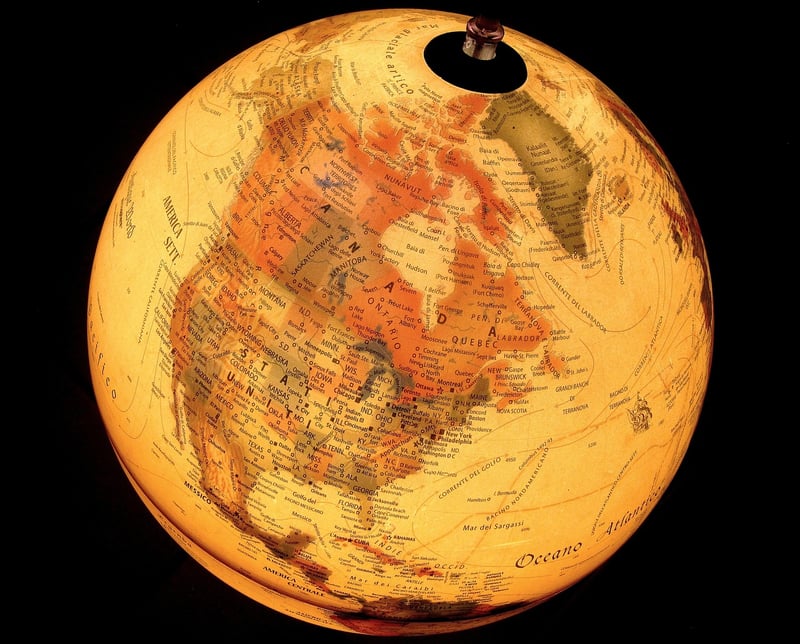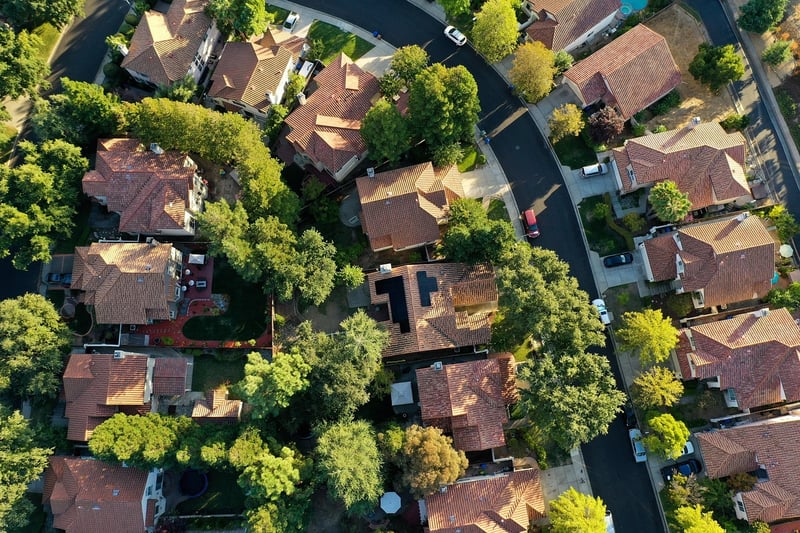Sustainable Living
The Benefits of Hands-On Learning for Sustainable Living
In today's world, where environmental issues are becoming increasingly pressing, the importance of sustainable living practices cannot be overstated. One effective way to promote sustainable living is through hands-on learning experiences.
What is Hands-On Learning?
Hands-on learning, also known as experiential learning, is a method of education that involves actively engaging with the material through real-world experiences. Rather than passively receiving information, learners participate in activities that allow them to see the practical applications of what they are learning.
The Connection to Sustainable Living
Hands-on learning is particularly well-suited to teaching sustainable living practices because it allows individuals to directly interact with the concepts they are learning about. Whether it's through gardening, composting, upcycling, or renewable energy projects, hands-on experiences provide a deeper understanding of the importance of sustainability.
Benefits of Hands-On Learning for Sustainable Living
- Increased Engagement: Hands-on activities make learning fun and engaging, increasing retention of information.
- Real-World Application: Learners can see firsthand how sustainable practices make a difference in their daily lives and the environment.
- Problem-Solving Skills: Hands-on learning encourages critical thinking and problem-solving abilities, essential for tackling complex sustainability challenges.
- Empowerment: By actively participating in sustainable projects, individuals feel empowered to make a positive impact.
- Long-Term Behavior Change: Experiential learning fosters habits that are more likely to be sustained over time, leading to lasting lifestyle changes.
Get Started with Hands-On Learning for Sustainable Living
If you're interested in incorporating hands-on learning into your sustainable living journey, consider joining local community gardens, attending workshops on renewable energy, or volunteering for environmental conservation projects. The possibilities are endless, and the impact is invaluable.
Remember, the key to creating a more sustainable future lies in educating ourselves and taking action. Embrace hands-on learning as a powerful tool to drive positive change for the planet and future generations.

Image Source: Pixabay
